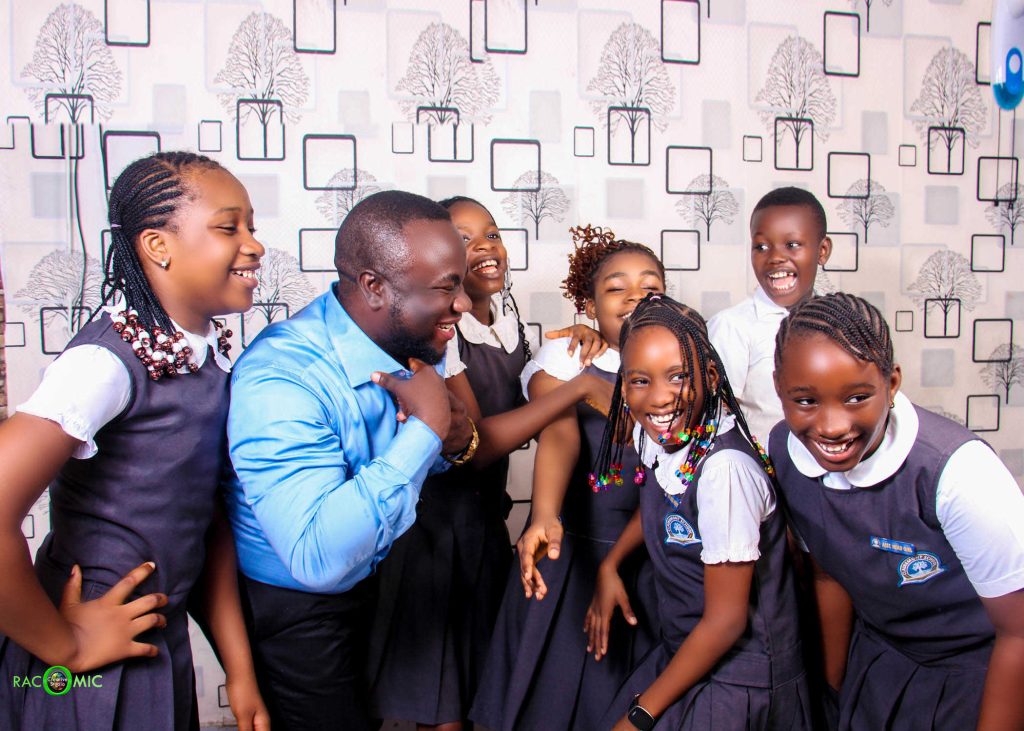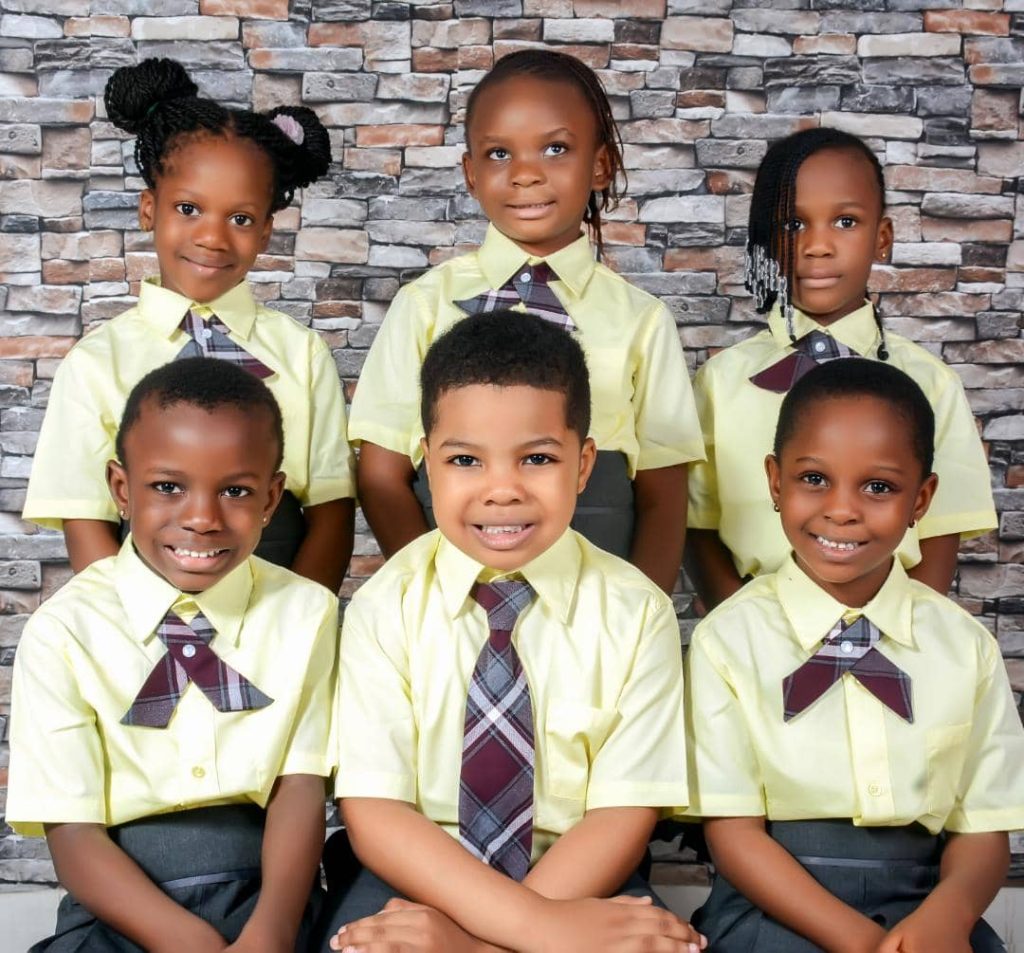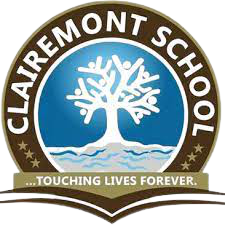Class Structure and Culture
Class Structure
| EARLY CHILDHOOD/ INFANT | SCHOOL | |
|---|---|---|
| Pearls Class | 1year - 2years | 7:30am – 2pm |
| Crystal Class | 2yrs – 3yrs | 7:30am – 2pm |
| Nursery 1 | 3yrs – 4yrs | 7:30am – 2pm |
| Nursery 11 | 4yrs – 5yrs | 7:30am – 2pm |
| GRADE SCHOOL | ||
| Grade School | 5yrs – 12yrs | 7:30am-3pm |
*After school/extended hour program will attract an additional cost.
CLAIREMONT EARLY YEARS
Preschool, Nursery and Kindergarten classes make up the Early Years Section.
Early Years has a rich curriculum, which promotes interactive learning and helps children achieve social, emotional, physical and cognitive goals. Subjects taught include Language Arts, Math, Science, Social Studies (this includes African studies), Music, Art, Computer (IT), Library, Physical Education, ethical and social polish Instruction. Early Years’ Curriculum has the following core values:
- Educational excellence with a personal touch
- An environment that enables students to achieve their potential
- Promotion of our cultural diversity
- Developing each individual in a continuously improving technological learning environment
- Opportunities to develop skills for effective decision-making and leadership

important

15
august

Clairemont Grade School comprises of Grade 1–6
The Elementary School has three arms/streams at each grade level. Students are inspired and encouraged to be lifelong learners and worthy global citizens who contribute positively within a diverse and changing world. Core subjects taught are: Language Arts, Math, Science and Social Studies (also including African Studies). The specialist subjects are: Computer (IT), Art, Music, Library, ethical and social polish Instruction and Physical Education.
The Elementary School curriculum is taught using modern instructional strategies by teachers who develop close relationships with students and hold students to high expectations of achievement. The curriculum gives importance to the following core values:
- Educational excellence with a personal touch
- Developing leadership qualities
- Exploring and appreciating our cultural diversity
- Student-centered learning
- Developing personal and social responsibility
- Experiences that develop the whole child
- Student-centered learning and formal and informal assessment (daily student work products, end-of-unit/chapter assessments)
- An opportunity to learn basic technological skills.
food for thought
Your Education is a dress rehearsal for a life that is yours to lead- Nora Ephron
